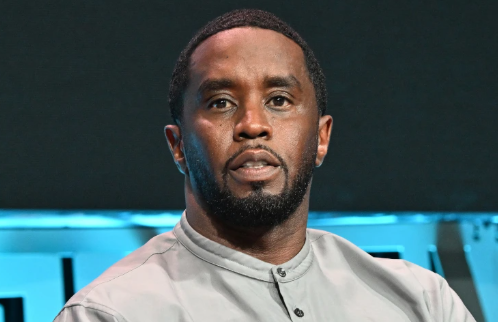Sean “Diddy” Combs, the one-time global hip-hop titan whose federal trial unveiled harrowing testimony accusing him of sexual abuse against women and forced drug-dazed “freak offs,” was acquitted Wednesday on racketeering conspiracy and sex trafficking but found guilty of lesser charges.
The jury’s verdict, delivered on the third day of deliberations, declared Combs, 55, not guilty of one count of racketeering conspiracy and two counts of sex trafficking by force, fraud or coercion, but guilty of two counts of transportation to engage in prostitution.
The verdict is seen as a win for Combs and his defense team, which did not call a single witness during the seven-week trial. After the verdict was read, his family stood in the background, clapping and cheering. Combs fell to his knees in prayer. As he left the courtroom, he told his family, “thank you, love you.”
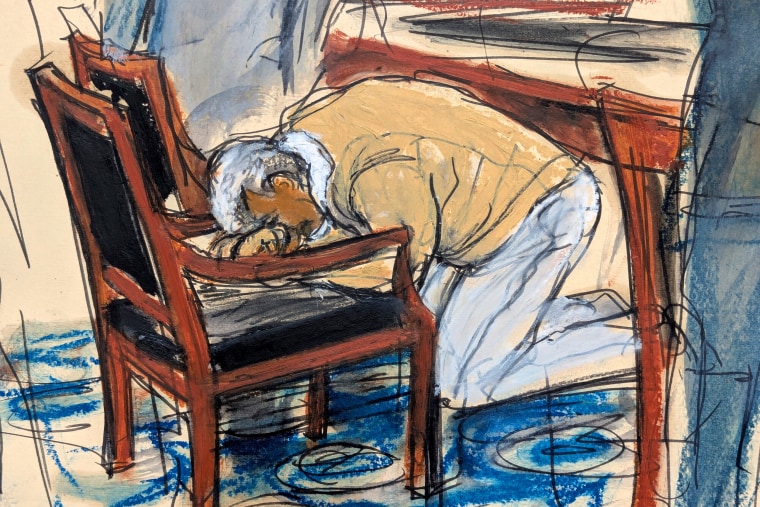
Teny Geragos, one of Combs’ attorneys, broke out in tears. His lead attorney, Marc Agnifilo, made a fist in triumph as the defense team hugged each other and hugged his family.
Combs still faces considerable prison time. At sentencing, the prostitution transportation charge carries as much as 10 years in prison per count. Prosecutor Maurene Comey said the government would seek the maximum of 20 years.
Sign up for the “Diddy on Trial” newsletter for key developments and analysis
Subramanian said he would review whether to release Combs later Wednesday after receiving arguments from prosecutors and the defense.
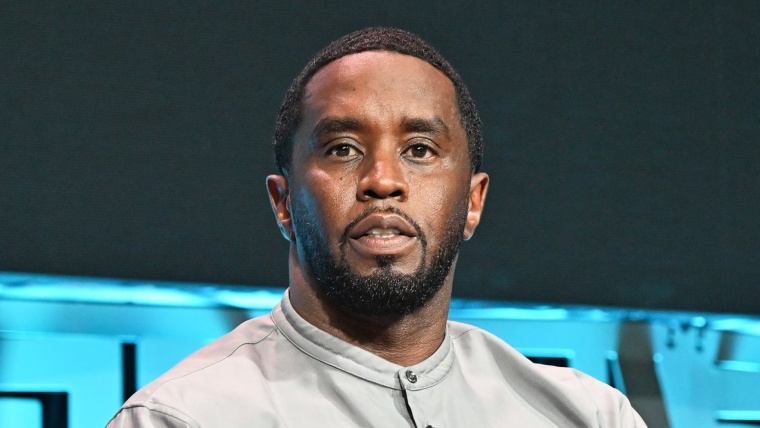
Combs’ family, including his mother and son Justin Combs, left the courthouse shortly after the verdict. A crowd of supporters swarmed the family’s waiting van, shouting “Free Puff! Free Puff! Free Puff!”
His mother, Janice Combs, later returned to the courthouse, waving to onlookers and fans and blowing kisses.
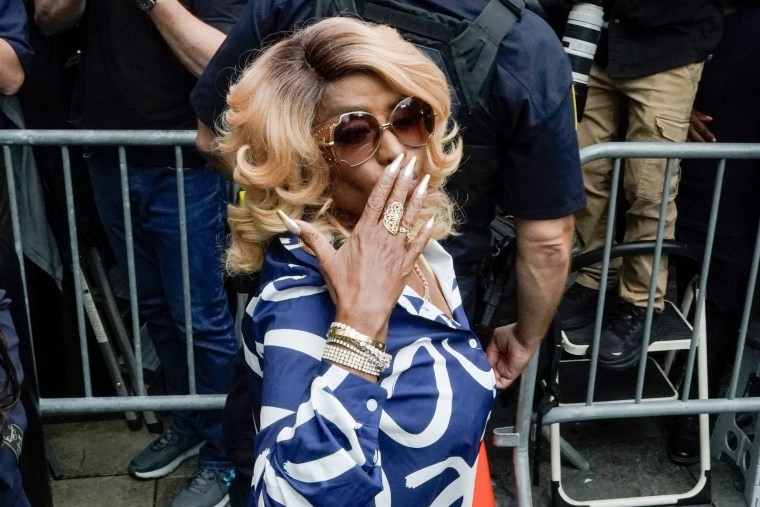
Outside of court, Combs’ supporters celebrated with baby oil, an apparent reference to supplies witnesses said were provided for “freak offs.” A woman in a bikini danced as a man drizzled baby oil on her from a nearby ledge.
Amid the throngs of onlookers were the influencers who have been chronicling the trial from the courthouse since it began roughly two months ago.
Los Angeles-based YouTuber Armon Wiggins, who has more than 285,000 followers, declined to share thoughts on the verdict itself, but acknowledged a victory of a different sort.
“We changed the face of media. We changed the face of how news gets out.” Wiggins said. “It was a fight in the beginning because a lot of times people don’t respect the new media, but I’m one of those people who’s willing to fight with the traditional media because we do numbers.”
The trial has drawn nationwide attention despite there being no cameras allowed in court. To follow along with what was happening in the courtroom, people turned to traditional media sources as well as influencers who were at the trial.
Wiggins said since he began covering the trial, he’s gained about 60,000 new followers on YouTube and nabbed several radio and TV appearances, including on TMZ and NewsNation.
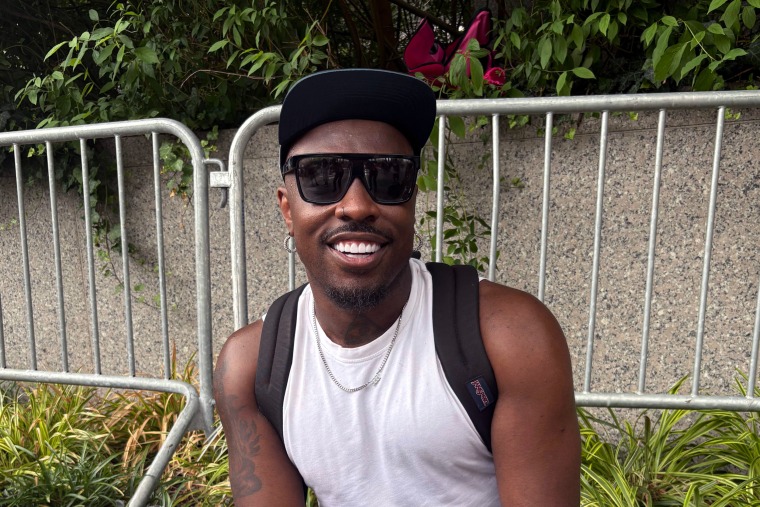
A swift downfall for Combs
The partial conviction caps an astonishing moment for Combs, a self-made rapper from New York who rose to the pinnacle of hip-hop culture and became a household name. The Harlem-born hitmaker once ruled the hip-hop and R&B charts and was a fixture in celebrity circles, propelled by his exuberant personality, lavish lifestyle and business pursuits — including in reality television and fashion — as an entrepreneur and brand ambassador.
After a three-decade run in the spotlight, it was allegations by his ex-girlfriend, the R&B singer Cassie, that began his precipitous fall from impresario to convicted criminal.
Over the course of the trial, a jury of eight men and four women heard the U.S. government accuse the Bad Boy Records founder of leveraging his power, wealth and influence as the head of a “criminal enterprise” to sexually abuse and exploit women for his own gratification over two decades.
His defense pitched to jurors that the case against Combs was “badly exaggerated,” and he was simply on trial for a “swingers” lifestyle — one tinged with violent behavior and supplies of drugs and baby oil — that was ultimately consensual.
Jurors heard from almost three dozen government witnesses, from former personal assistants to stylists to label artists. Some willingly testifying against Combs while others were granted immunity in exchange for their testimony.
Three women, including Cassie, whose real name is Casandra Ventura, were central figures in the case. They provided graphic testimony of allegations of sexual assault and violence or threats of blackmail.
Combs’ lawyers called no witnesses and the defendant himself decided not to testify, as much of the defense’s case was laid out during lengthy cross-examinations of government witnesses.
Ventura’s attorney, Doug Wigdor, told reporters outside the courthouse Wednesday that his team would have liked to see a conviction on the sex crimes and racketeering charges, but were pleased he has “finally been held accountable” and faces substantial jail time on the lesser charges.
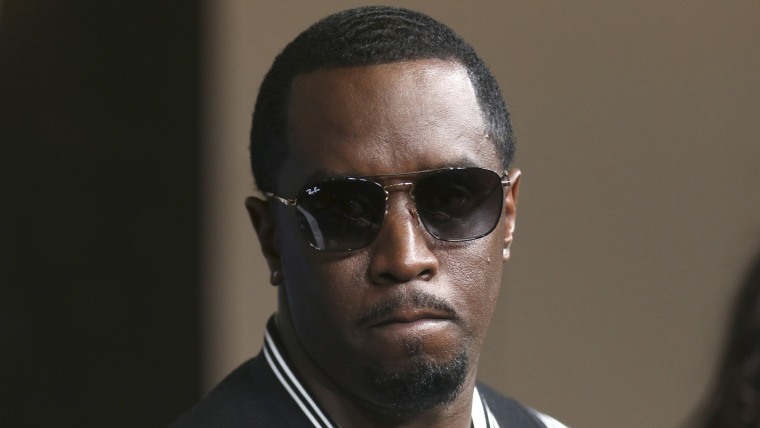
On the racketeering conspiracy charge, a jury must be convinced beyond a reasonable doubt that a defendant was involved in an enterprise among two or more people to engage in at least two criminal acts affecting interstate commerce — offenses that may include kidnapping, arson, bribery, forced labor, sex trafficking and other underlying crimes.
For the standalone sex trafficking charge, prosecutors must demonstrate the defendant by force or threat compelled others to commit commercial sex acts in which something of value, such as money, was received.
During her nearly five-hour closing argument, Assistant U.S. Attorney Christy Slavik reminded the jury about various government witnesses who testified about the alleged crimes. She said an ex-assistant of Combs, Capricorn Clark, was subjected to kidnapping and forced labor, while a romantic rival of Combs, the rapper Kid Cudi, had his car firebombed in an act of arson.
A former assistant who testified under the pseudonym “Mia” and accused Combs of sexually assaulting her multiple times was another example of forced labor, Slavik said.
On the two sex trafficking counts, Slavik told jurors that they did not need to believe Ventura or another ex-girlfriend, who testified under the pseudonym “Jane,” were engaged in sex acts against their will in every instance.
The women testified to “freak offs” and “hotel nights,” which were the names for drug-induced sexual encounters with male escorts they said Combs routinely manipulated them into under threat of releasing recorded videos of the explicit sex acts.
“So, if there was one time, one single freak off, when the defendant knew or recklessly disregarded that Cassie or Jane was participating because of his lies, his threats or his violence, then that’s it,” Slavik said, “he’s guilty.”
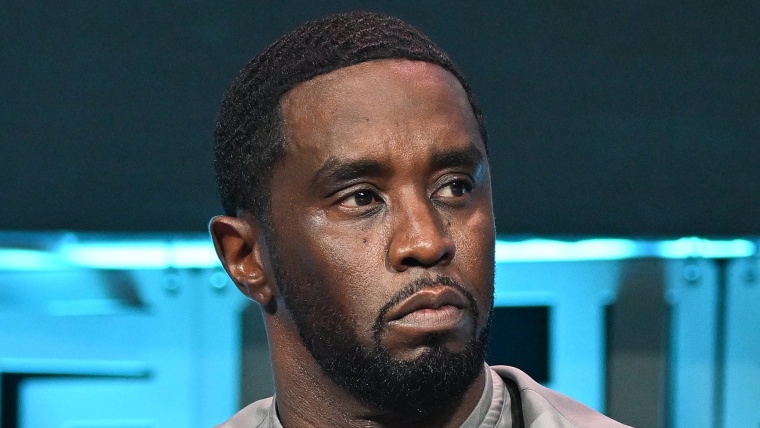
Combs’ defense team maintained that he operated a legitimate business and was being unfairly targeted by overzealous prosecutors.
“Sean Combs has become something that is very, very hard to become, very hard to be,” Agnifilo said in his four-hour closing arguments. “He is a self-made successful Black entrepreneur.”
While Agnifilo didn’t deny Combs was consumed by bouts of jealousy and engaged in angry tirades that involved domestic violence, the women, ultimately, chose to stay with him, while those in his inner circle had the agency to leave, he said.
“If racketeering conspiracy had an opposite, it would be their relationship,” Agnifilo said of Combs and Ventura, who dated on and off from about 2007 to 2018.
One key piece of evidence played for the jury repeatedly and frame by frame was security footage showing Combs physically assaulting Ventura in a Los Angeles hotel hallway in 2016. She testified that he was angered because she was attempting to leave a freak off.
“We own the domestic violence. We own it. I hope you guys know this,” Agnifilo told the jury, while denying Combs was a mastermind who conspired with his employees to commit crimes.
No matter the outcome of the criminal case, Combs must contend with a slew of lawsuits that have included accusations of rape and sexual assault. Combs, who has denied such allegations, has accused various plaintiffs of pursuing quick “paydays.”
